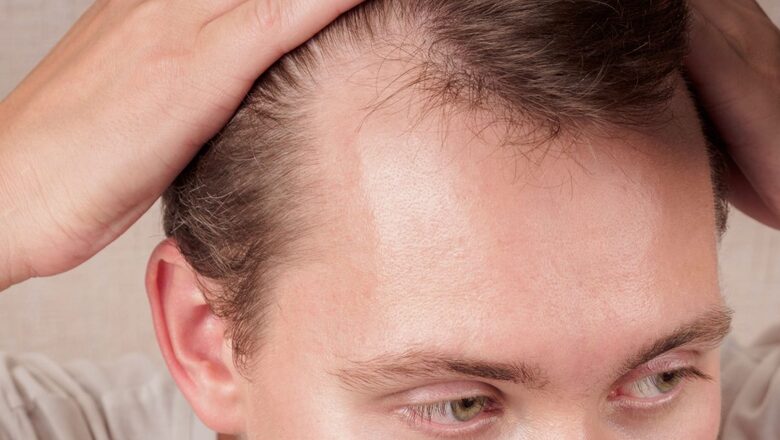
views
Embarking on a journey to address alopecia naturally calls for a holistic approach, as advocated by experts in herbal solutions, Sanath Kumar Dutta and S.C Sharma. With a shared commitment to promoting hair health through natural means, they highlight the transformative power of herbs and lifestyle changes. In this collaborative guide, we explore their insights on treating alopecia naturally, offering a comprehensive and balanced perspective.
Sanath Kumar Dutta, Co-Founder and Herbal Solution Expert, Eliea Wellness, begins by emphasizing the importance of a balanced diet rich in key nutrients essential for hair growth. He underscores the significance of vitamins A, C, and E, zinc, and biotin, found in foods like leafy greens, fruits, nuts, and lean proteins. Essential oils such as lavender, rosemary, and peppermint are recommended for their potential to stimulate hair growth. Aloe vera gel is also suggested for its soothing properties when applied to the scalp.
Lifestyle changes, including stress reduction through meditation and yoga, are encouraged, along with regular exercise to improve blood circulation. Sanath advises against harsh styling products and heat treatments that may damage hair. Herbal supplements like ginseng or saw palmetto are considered, but he cautions consultation with a healthcare professional before introducing new supplements. Patience is emphasized, acknowledging that natural remedies may take time to show results.
Ghaziabad-based co-ordinator therapist and naturopath expert, S.C Sharma offers a holistic view of herbal treatments for alopecia. Acknowledging the emotional impact of hair loss, he suggests a comprehensive approach that incorporates herbs known for their rejuvenative properties.
Saw palmetto, believed to inhibit an enzyme linked to hair loss, and ginseng, rich in phytonutrients stimulating hair follicles, are recommended. Rosemary oil’s anti-inflammatory properties and scalp circulation-boosting benefits are highlighted, along with horsetail extract’s silica-rich composition for stronger hair. Nettle leaf, known for reducing scalp inflammation, is also mentioned.
While advocating for the careful incorporation of these herbs, S.C Sharma advises dilution of rosemary oil before topical application and following recommended directions for saw palmetto and ginseng supplements. Herbal infusions using horsetail and nettle leaves are suggested for a nourishing scalp rinse. Emphasizing individual responses to herbal treatments, personalized advice from a dermatologist is deemed crucial.
In combining the wisdom of Dutta and Sharma, a comprehensive guide to treating alopecia naturally emerges. From dietary adjustments and essential oils to herbal supplements and holistic practices, their insights underscore the potential of herbs in promoting hair health. As individuals embark on this natural journey, consulting with healthcare professionals and maintaining patience becomes paramount, ensuring a balanced and personalized approach to addressing alopecia with the healing power of nature.

















Comments
0 comment